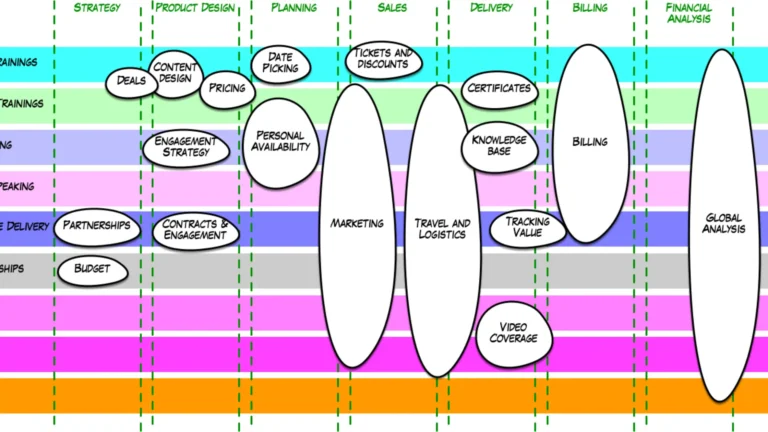Navigating Utah’s Business Entity Search Tools
For entrepreneurs and organizations seeking to formally establish or research a business in Utah, the Utah Secretary of State’s office offers valuable public access to critical company documents. The Utah Secretary of State Business Entity Search, in particular, allows users to quickly look up registered corporations, limited liability companies, partnerships, trademarks, business trusts, and other entities. Understanding how to best use this platform can help you streamline due diligence, competitive analysis, process service, and other critical business functions.
Getting Started with Business Entity Search
The Utah Secretary of State’s business entity search platform is easily accessible at. It allows users to search for all formally registered companies in the state by entity name or registration number. In addition to advanced search logic, the user-friendly interface allows for filtering by entity type and status. Registering for an account unlocks additional features, but it is not required for basic public searches. The following best practices will maximize usability.
Create Targeted Search Queries
With hundreds of thousands of registered entities in Utah, creating focused search queries is critical to efficiency. For example, specifying the desired city in the registered name field yields more relevant results. Furthermore, filtering by entity type or status helps to narrow the scope and isolate the necessary organizations. Starting broad and gradually adding parameters results in an optimal balance of precision and recall.
Understand the Available Entity Information
While conducting searches, it is important to understand what specific data is available on the platform. At a minimum, entity summaries include principal addresses, registration IDs, status, type, expiration dates, and basic organizational information. For some entities, additional documentation, such as annual reports, is also available. Knowing the level of depth available for a given result set informs subsequent steps.
Compare Multiple Entities
The ability to search multiple companies and easily compare features is extremely useful for a variety of use cases. During market research, benchmarking competitors across locations, functions, executives, trends, and other factors can reveal important strategic patterns. Similarly, background checks, service of process, and reporting all rely on quickly retrieving information from different entities within the Secretary of State system.
Download Full Reports
For qualified searches, the Secretary of State website allows users to download detailed reports that include complete financial statements, leadership rosters, and addresses. These documents make it easier to conduct advanced analysis and make necessary legal filings. Bulk entity data sets can also be purchased. Saving copies of important documents also serves as evidence.
Confirm the latest filings
As a public record source, registered businesses are required to file updated documentation that is then searchable. However, filings may take a little longer to appear. Before making high-stakes decisions, always double-check entities’ annual reports and status updates. The current date listed next to documents allows for easy validation.
Subscribe for Updates
In addition to one-time searches, users can subscribe to receive email alerts when specified entities change, such as addresses, principals, status updates, or dissolution. This active monitoring provides access to real-time information for critical tracking activities such as due diligence, service attempts, competitive intelligence, and more.
Understanding the Common Entity Types and Statuses
When evaluating business search results, understanding the associated entity type and status is critical for subsequent actions. The following descriptions offer useful context:
Corporations are for-profit entities owned by shareholders. This is a very common entity choice.
- LLCs are hybrid corporations. Also prevalent.
- Partnerships involve two or more co-owners who share profits and liabilities.
- Trademarks are protected organization names and brand logos.
- Active – A legally operating entity in accordance with regulations.
- Expired – The registration term has ended; it may be renewed by filing.
- Dissolved – Operations have been formally closed permanently, according to filings.
Use Business Entity Data Responsibly
While much of Utah’s business entity information is public, ethical standards still apply to acquisition and application. Data should only be used to inform legal, reasonable decisions related to the state’s intended gathering. Furthermore, improperly representing search details or reselling data necessitates explicit consent. Fundamentally, transparency and integrity drive the long-term, productive use of Utah’s tools.
Utah Resources: Beyond Business Searches
Utah’s Secretary of State provides online platforms that go beyond the business entity dashboard. The Divisions Portal allows new business owners to file formation documents and resolve issues all in one place. The Government Records Access and Management Act (GRAMA) Request Tool facilitates formal public data requests. Furthermore, Incorporation Forms pre-populate necessary compliance materials. Utah’s combined capabilities make it extremely business-friendly.
Looking Ahead
Entrepreneurs, organizations, and citizens will all benefit from easier access to actionable information as Utah expands its digital infrastructure around corporate transparency. Optimizing dynamic business searches, reports, alerts, and ancillary services saves countless hours compared to manual workflows. Utah is already America’s top state for economic health and opportunity, and streamlining systems like the business entity search will help to cement its position in the coming years.
Conclusion
In summary, Utah’s Secretary of State Business Entity Search platform provides quick and easy access to registered corporations, LLCs, partnerships, and other entities, either as one-time lookups or long-term monitoring tools. Effective search techniques, nuanced data interpretation, bulk downloads, and subscribed alerts all increase value. Fundamentally, effective due diligence, reporting, competitive analysis, and process service are heavily dependent on mastering Utah’s robust, ethical business search practices. Leveraging these capabilities increases organizational efficiency both within and outside of Utah.







